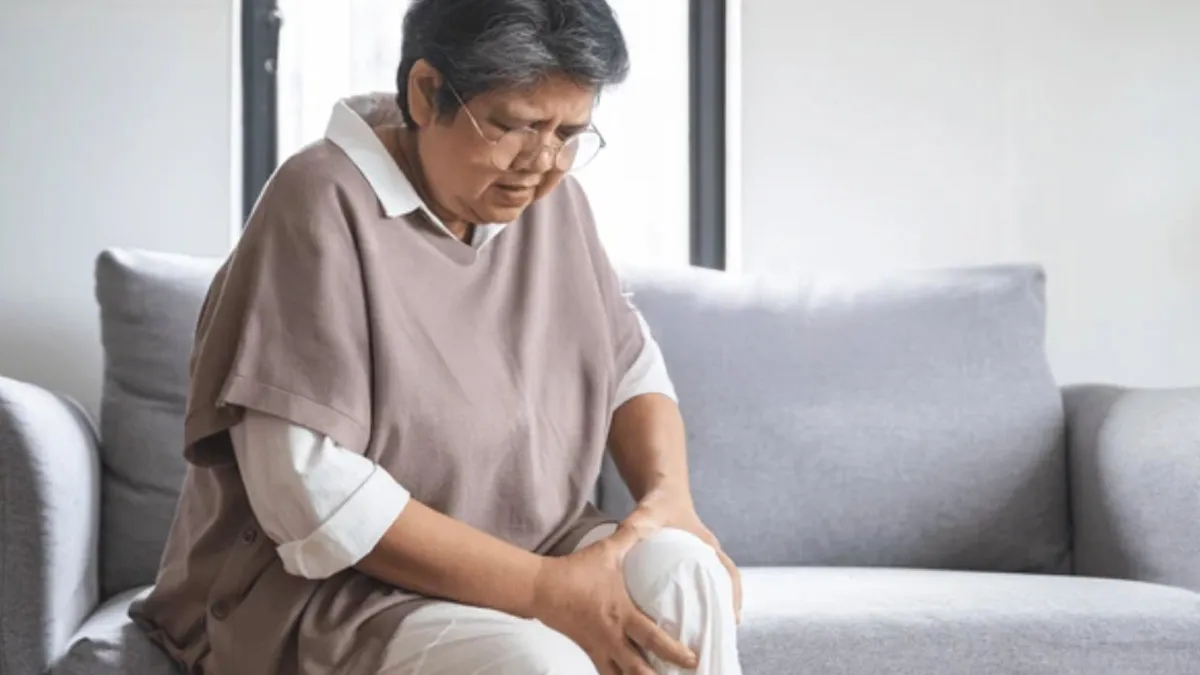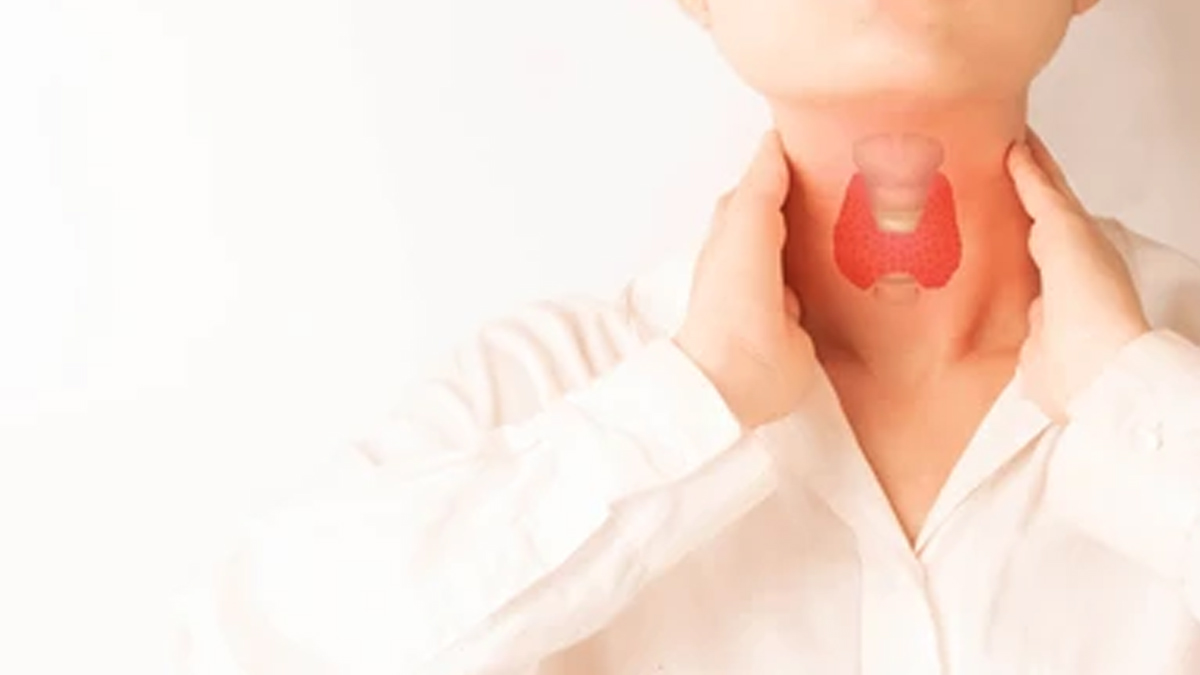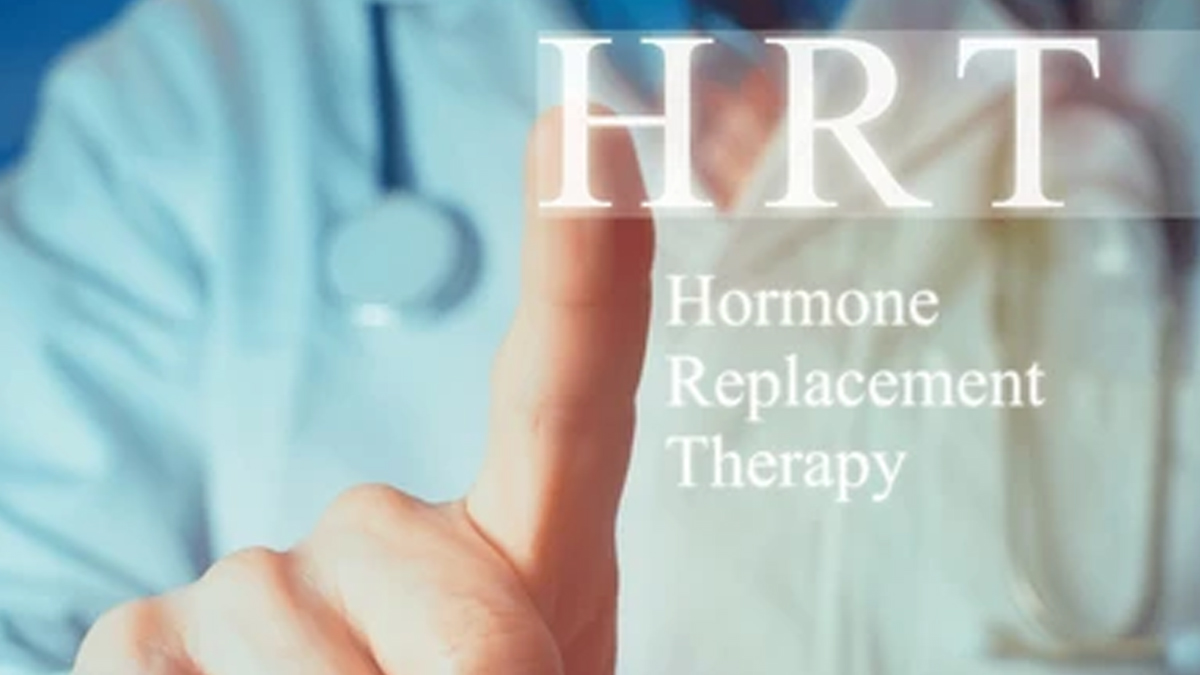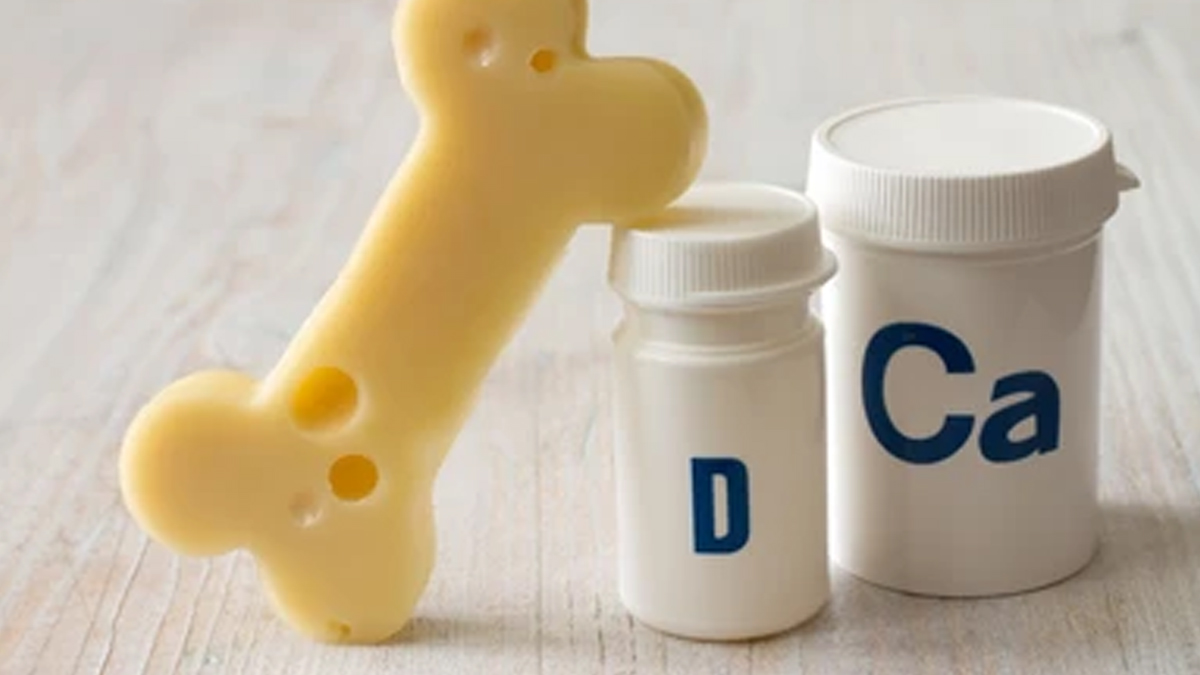
If you have ever been told to keep an eye on your thyroid or your bone health, you probably didn’t think the two were connected. But they are, more than most of us realise. For many women, especially as they get older, thyroid issues and bone strength often cross paths in unexpected ways. The surprising part is that the risk doesn't come just from having an underactive thyroid; it commonly comes from how we treat it.
Table of Content:-
We spoke to Dr Ankita Tiwari, Consultant Endocrinologist, Manipal Hospital, Bhubaneswar, who explained the link between hypothyroidism and osteoporosis risk in women.
Hypothyroidism and Bone Health

"Hypothyroidism occurs when the thyroid gland doesn’t produce enough thyroid hormones. These hormones are responsible for regulating metabolism, energy levels, and even heart rate. When levels are too low, everything in the body tends to slow down, including bone turnover, the natural process where old bone is broken down and replaced by new bone," explained Dr Tiwari.
At first glance, that might sound like a good thing for bones. After all, a slower breakdown should mean stronger bones, right? And that’s partially true. In fact, untreated hypothyroidism doesn’t directly cause bone loss. A study in the Journal of Clinical Endocrinology and Metabolism found that even slight increases in thyroid hormone levels within the normal range can reduce bone density and raise fracture risk in postmenopausal women.
Also Read: Joint Pain At 30? Expert Explains Why Osteopenia Isn’t Just An Old Age Problem Anymore
The Real Risk Lies in the Treatment

"The risk isn't so much from hypothyroidism per se but from its treatment, primarily Hormone Replacement Therapy (HRT). Most people with hypothyroidism are prescribed levothyroxine, a synthetic thyroid hormone that helps restore normal hormone levels," added Dr Tiwari. When taken correctly, this medication helps you feel more energetic, stabilises your metabolism, and improves your overall quality of life.
However, problems arise when the dose is too high. This can suppress Thyroid-Stimulating Hormone (TSH) levels, essentially pushing the body into a state that resembles hyperthyroidism, an overactive thyroid condition known to weaken bones by increasing bone turnover and reducing bone density.
Women, particularly those who are postmenopausal, are especially vulnerable. When oestrogen levels drop during menopause, bone loss accelerates. Add overtreatment with thyroid hormones to the mix, and the risk of osteoporosis and fractures goes up significantly.
According to a 2011 study, women over 70 years of age taking high doses of levothyroxine have an increased risk of hip fracture. It was found that hypothyroid patients on long-term levothyroxine had significantly lower T-scores (a measure of bone density) compared to untreated or newly diagnosed patients, indicating higher osteoporosis risk.
Also Read: Signs To Identify Osteopenia Early And Tips To Protect Against Osteoporosis
What Can Women Do?
If you’ve been diagnosed with hypothyroidism and are undergoing hormone replacement therapy, don’t panic. Here are some expert-recommended tips to take care of your bone health:

- Be consistent with your dosage: Never adjust your thyroid medication on your own. Follow your doctor’s guidance and get regular blood tests to ensure your hormone levels stay in check.
- Prioritise bone health: Include enough calcium and vitamin D in your diet. Dairy products, leafy greens, nuts, and fortified foods are good sources. Sunlight also helps with vitamin D absorption.
- Stay active: Weight-bearing activities, such as walking, jogging, yoga, or resistance training keep bones strong and even increase bone density.
- Quit smoking and limit alcohol consumption: Both are known to speed up bone loss and interfere with hormone balance.
- Pay attention to your overall health: Adequate sleep, stress management, and a healthy weight can also reduce hypothyroid symptoms and aid in maintaining hormonal balance.
[Disclaimer: This article contains information provided by an expert and is for informational purposes only. Hence, we advise you to consult your professional if you are dealing with any health issue to avoid complications.]
Also watch this video
How we keep this article up to date:
We work with experts and keep a close eye on the latest in health and wellness. Whenever there is a new research or helpful information, we update our articles with accurate and useful advice.
Current Version